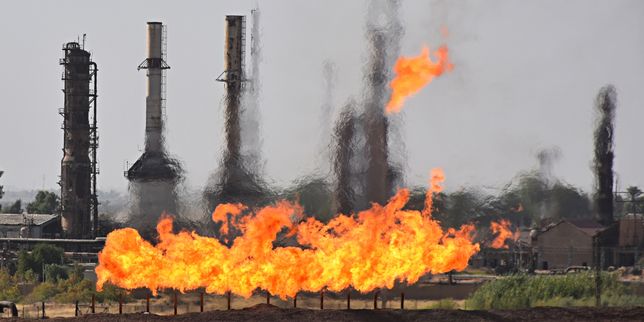The Qatar crisis is no surprise for those who follow the Middle East closely and know enough about this small country’s curious rise as a regional player. Many observers of Mideast politics have defined the process of the rise and fall as Qatar as a story of its failed ambitions, but the politics of Qatar is more complex. The convenient version of the story is that Qatar sought an outsized role in regional politics which led to an inevitable clash with its more powerful neighbor Saudi Arabia and with its rival Gulf states. In addition, the sympathizers of Qatari politics have posited an argument that this small and proud country is being punished by global and regional powers for its “independent” politics, its ties with Iran and the “Palestinian resistance,” namely, Hamas.
Nevertheless, Qatar which is portrayed as a quixotic little country, has neither been a naive political actor nor ever been in a position to pursue “independent” politics. On the contrary, Sheikh Hamad deposed his father and invented the new politics and the “brand” of Qatar only with the help of his powerful Western allies. So much so that, when the father, Sheikh Khalifa, tried to regain power, his assets were frozen with the help of Washington law firm Patton Boggs in 1996. Since then, Qatar has changed its ways; it hosts the biggest U.S. base in the region, founded the controversial Al Jazeera news channel and started its hyper-active foreign politics as a supposedly “regional mediator.” Qatar hosted Muslim Brotherhood leaders, many other opposition figures and even members of the Taliban, all without risking its Western ties; in fact, this small country was encouraged by its powerful allies to play such a role.
After the Syrian affair started, Qatar continued to be encouraged by its Western allies to play an active role to achieve the removal of the Bashar al-Assad regime. At the time, today’s radicals and terrorists were being presented as “freedom fighters.” At the time Qatar also had no conflict with the other Sunni powers who recently turned against Qatar. In actuality, Qatar participated in the Saudi effort to suppress the Arab Spring in Bahrain and then also joined the military intervention in Libya.
The problem with Qatar started only after this small power forgot that it could play a regional only as long as its policy was in tune with Western powers and plans in the region. Qatar, however, is in no position to challenge the new politics in Syria and the efforts to restore some sort of order in Libya. It is not only that someone’s freedom fighter is another’s terrorist in politics, it is also that the freedom fighter of yesterday could be defined as today’s terrorist by the same international actors.
Poor Qatar didn’t have enough time to develop any sense of international politics after being spoiled by the powerful for so long. Qatar’s rulers could never have thought that those who awarded it with such prizes like the hosting rights to the 2022 FIFA World Cup would all of a sudden start accusing it, first for its human rights violations and then for supporting radicalism and terrorism. They could not quite understand why this small, repressive emirate, where there is neither human rights nor any space for freedom, did not pose a problem until very recently only to discover it too late. In short, Qatar’s real mistake was that its rulers took the country’s rise and power as real and for granted.

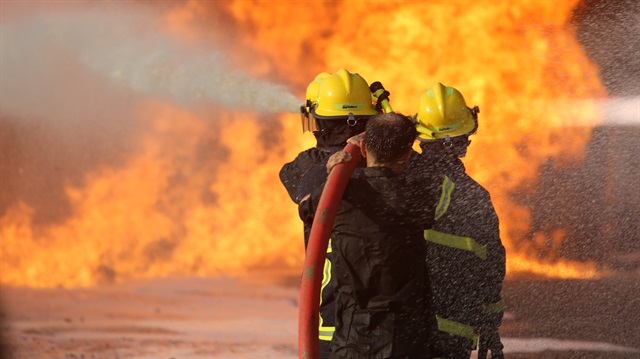 Factory fire in Kocaeli: 7 Workers hospitalized
Factory fire in Kocaeli: 7 Workers hospitalized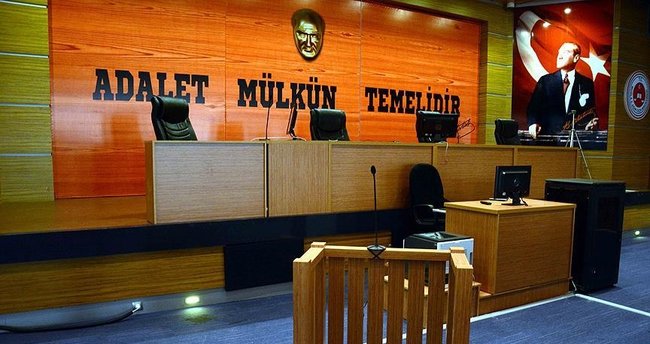 Life to the alleged martial law commander
Life to the alleged martial law commander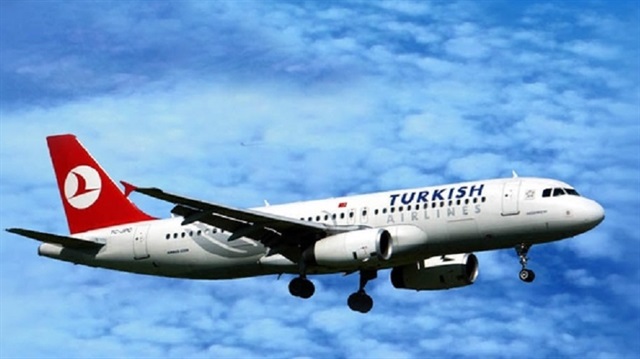 Turkish Airlines Flight training appointed as President ALPA
Turkish Airlines Flight training appointed as President ALPA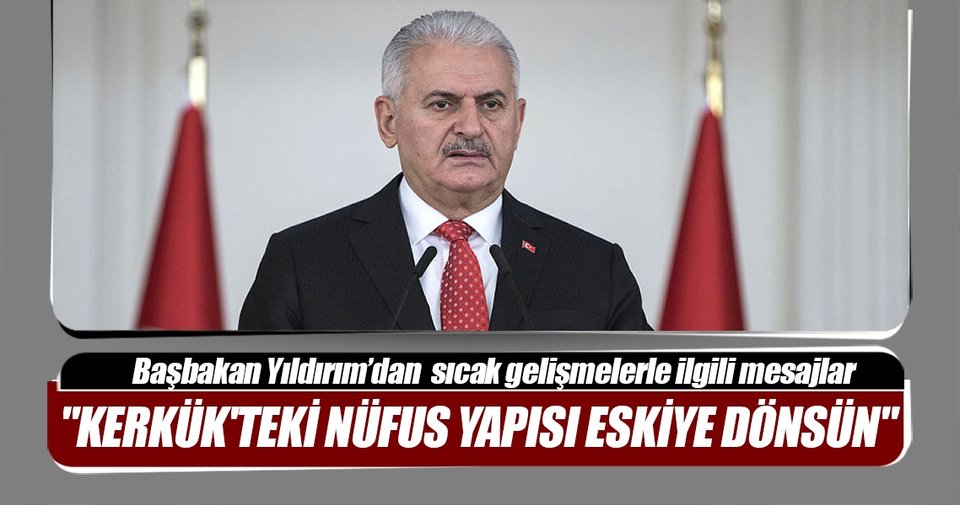 Ethnic structures in Iraq live together
Ethnic structures in Iraq live together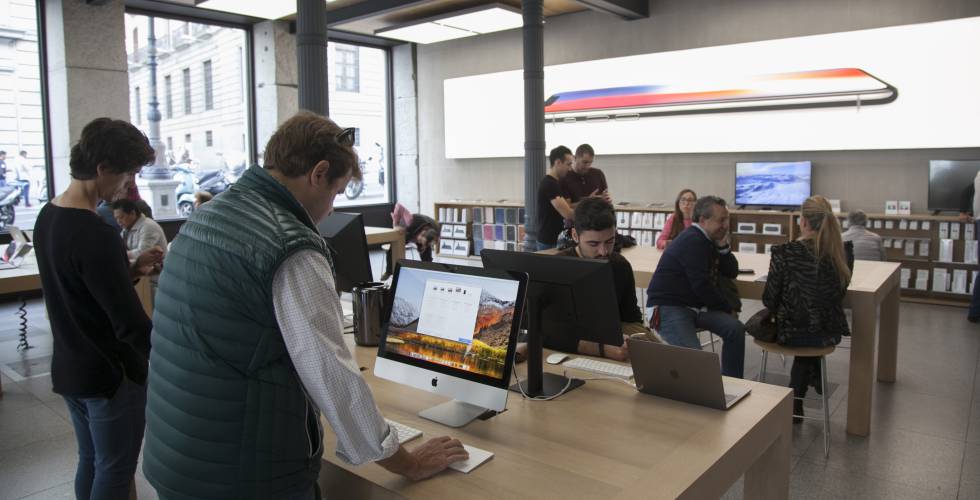 The Internet giants pay more in Spain, but far from their income
The Internet giants pay more in Spain, but far from their income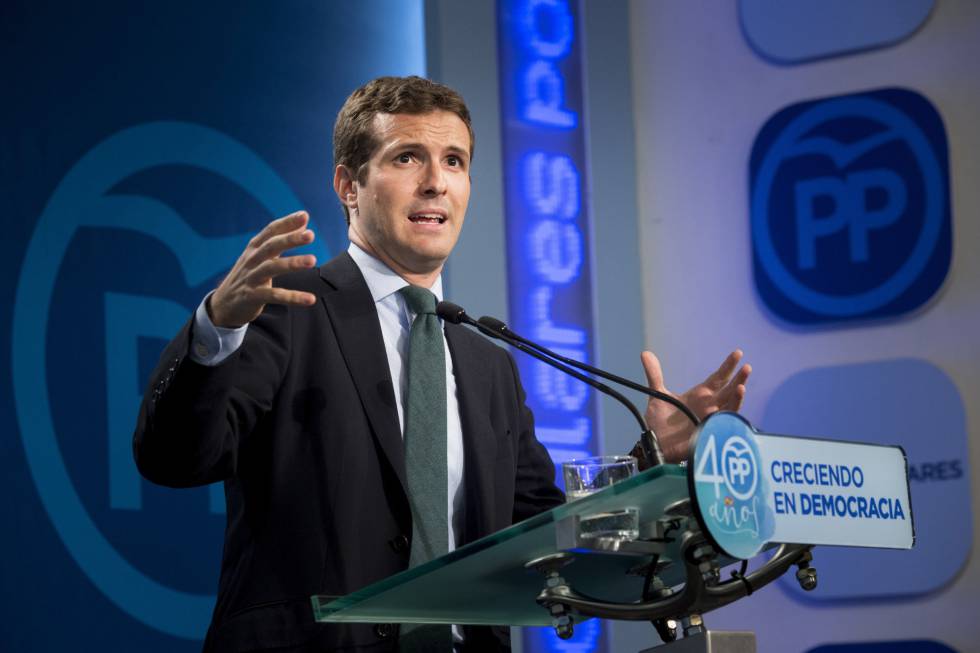 Is it so hard to say Generalitat instead of generality?
Is it so hard to say Generalitat instead of generality?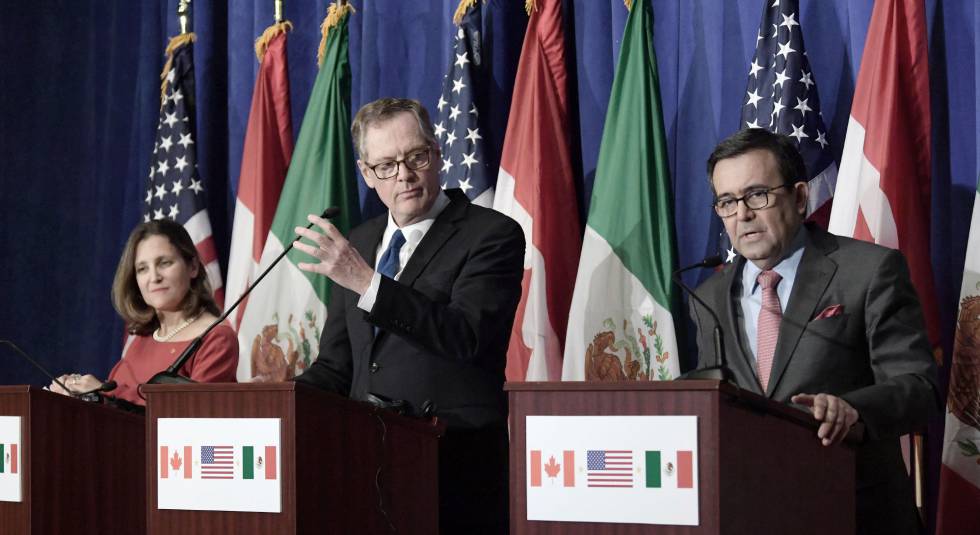 Mexican Obsession
Mexican Obsession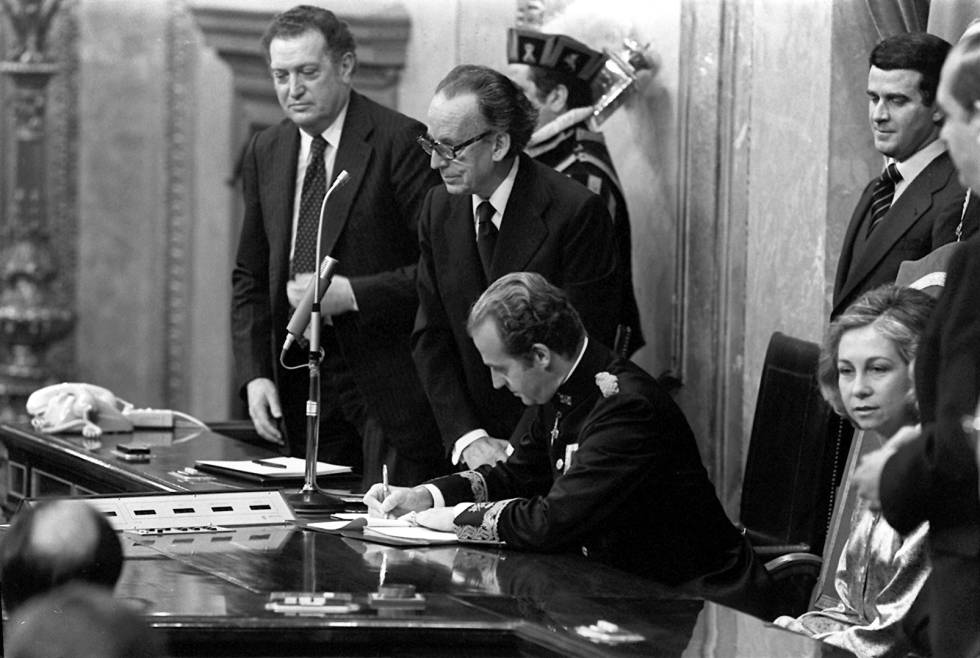 Among all
Among all KYK Scholarship and credit applications have begun
KYK Scholarship and credit applications have begun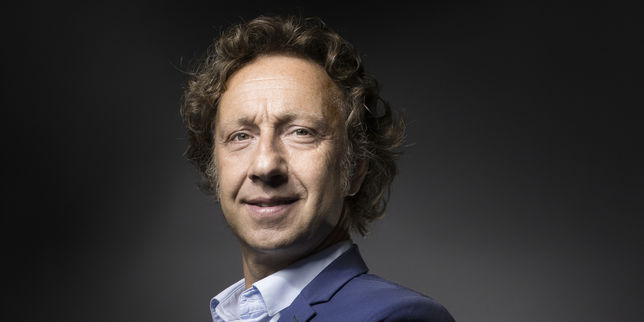 History in trial
History in trial Use the mirror and propolis against Mantara
Use the mirror and propolis against Mantara Improved the rapid diagnosis of cancer in Metu
Improved the rapid diagnosis of cancer in Metu He survived a brain aneurysm from his leg.
He survived a brain aneurysm from his leg. Spanish filmmakers call for a forum to address the problem of sexual harassment
Spanish filmmakers call for a forum to address the problem of sexual harassment ' The Walking Dead ' 8: Mercy
' The Walking Dead ' 8: Mercy ' Operación Triunfo ' trusts the millennials to seduce the public again
' Operación Triunfo ' trusts the millennials to seduce the public again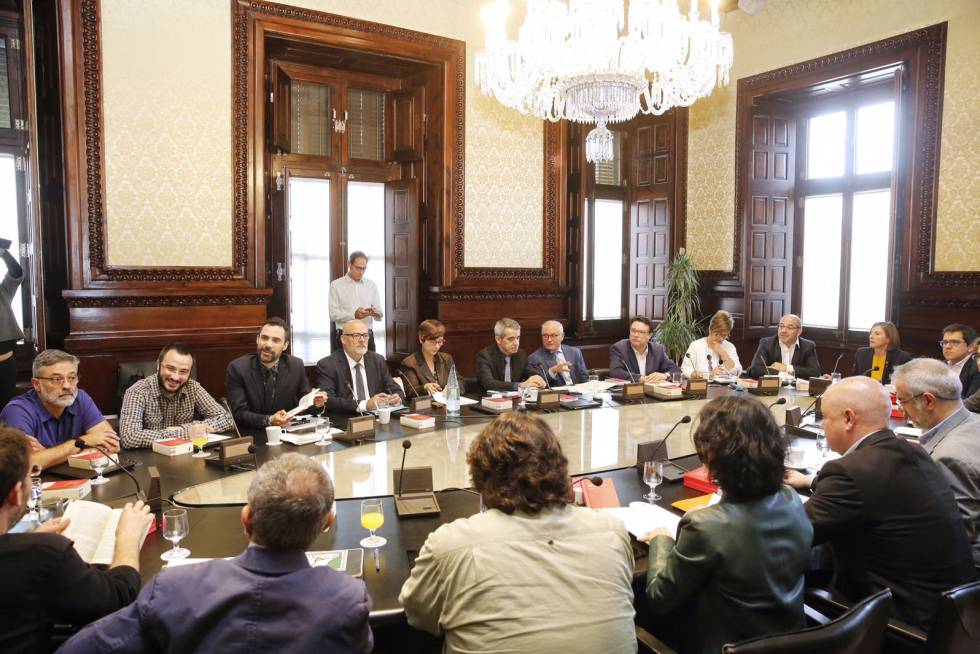 The plenary of Parlament to address the answer to 155 will be on Thursday
The plenary of Parlament to address the answer to 155 will be on Thursday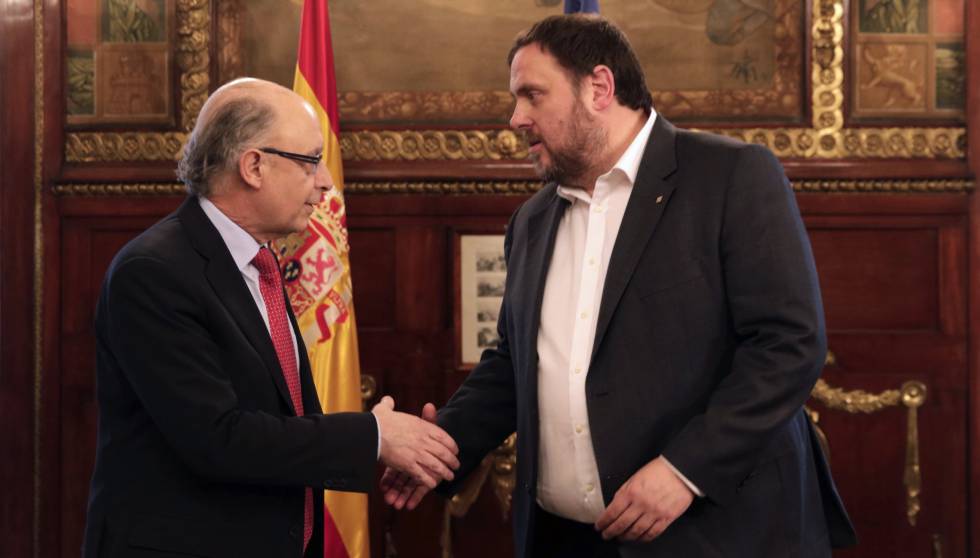 Hacienda to dismantle the new Catalan tax agency
Hacienda to dismantle the new Catalan tax agency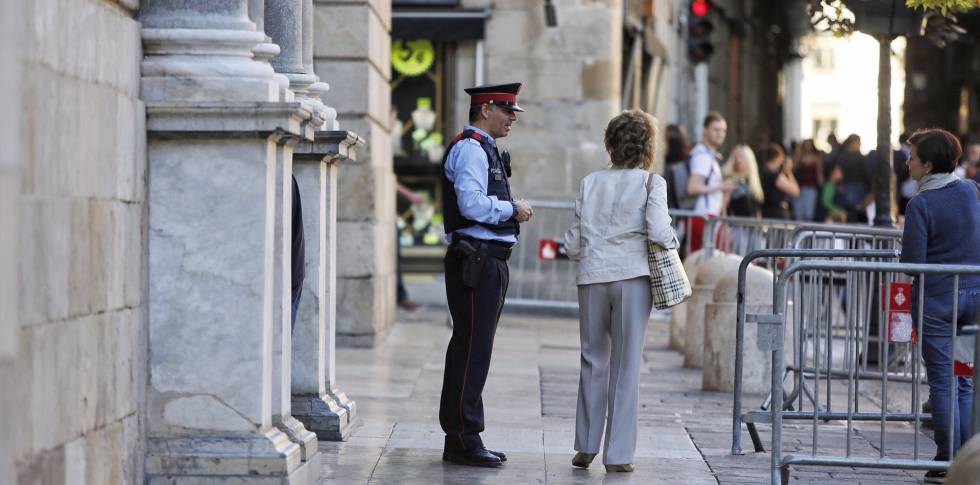 The government will cease the altoscargos that does not abide by the legality
The government will cease the altoscargos that does not abide by the legality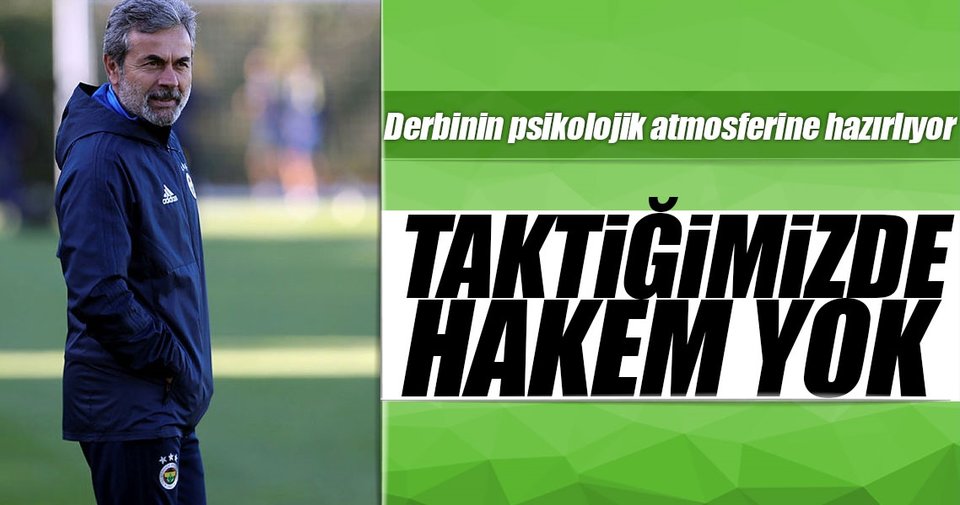 No referee in our tactics
No referee in our tactics 1 Form 3 candidates
1 Form 3 candidates Turkish people on our side
Turkish people on our side Galatasaray's pre-derby silence decision
Galatasaray's pre-derby silence decision Microsoft's new performance monster: Surface Book 2
Microsoft's new performance monster: Surface Book 2 Current location feature came to WhatsApp
Current location feature came to WhatsApp New Volkswagen Polo has been released in Turkey
New Volkswagen Polo has been released in Turkey WhatsApp notification issue and solution on IOS 11
WhatsApp notification issue and solution on IOS 11



